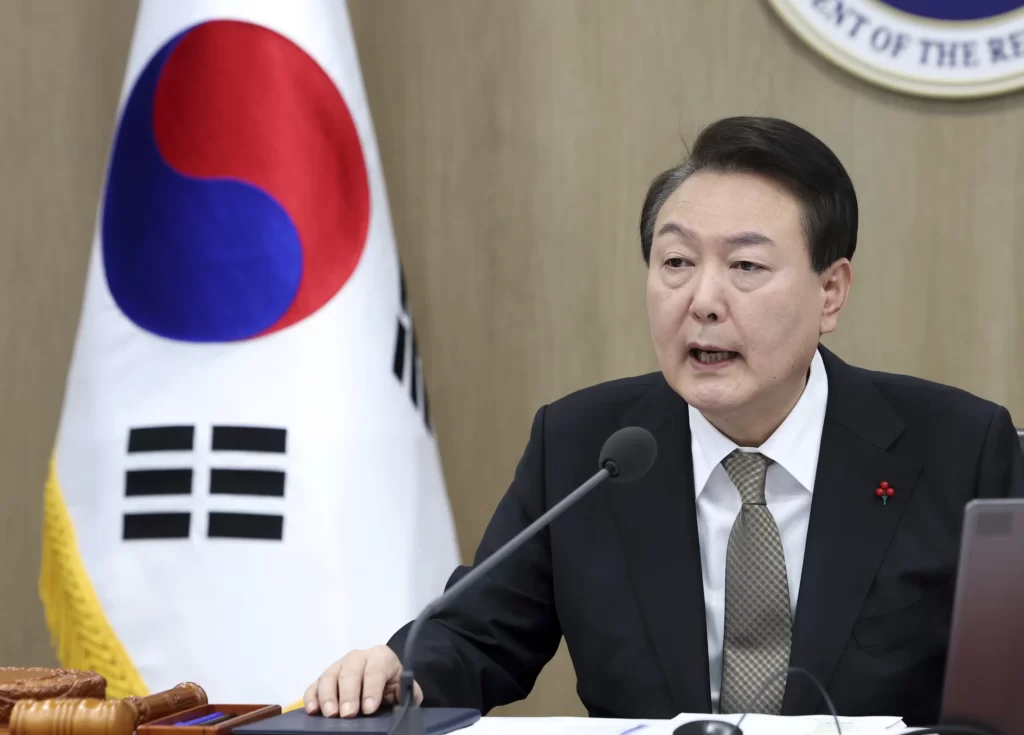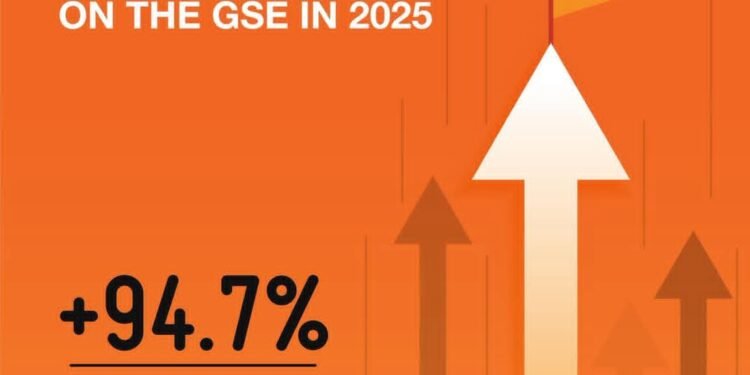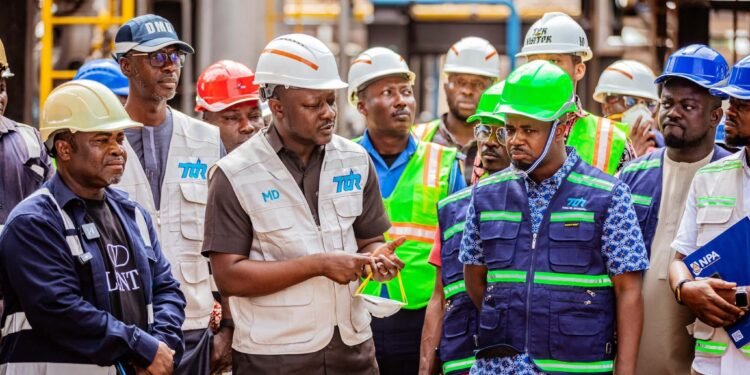South Korea’s suspended President, Yoon Suk Yeol, has been removed from office after the country’s constitutional court voted unanimously to uphold parliament’s decision to impeach him over his ill-fated declaration of martial law in December.
After weeks of deliberations and growing concerns about the future of South Korea’s democracy, all eight justices voted to strip Yoon of his presidential powers.
In the court ruling, broadcast live, the acting Chief Justice, Moon Hyung-bae, said the decision had been unanimous. “We hereby pronounce the following ruling, with the unanimous agreement of all Justices, (We) dismiss respondent President Yoon Suk Yeol,” Moon said.
Moon asserted that Yoon had violated his duty as President by taking actions that were beyond the powers granted to him under the constitution.

Yoon’s actions, he noted, had constituted a serious challenge to democracy.
Moon pronounced that Yoon committed a grave betrayal of the “trust of the people, who are the sovereign members of the democratic republic.”
He added that by declaring martial law, Yoon had created chaos in all areas of society, the economy and foreign policy.
“The defendant not only declared martial law, but also violated the constitution and laws by mobilizing military and police forces to obstruct the exercise of legislative authority. Ultimately, the declaration of martial law in this case violated the substantive requirements for emergency martial law.
Moon Hyung-bae
“Given the grave negative impact on constitutional order and the significant ripple effects of the defendant’s violations, we find that the benefits of upholding the constitution by removing the defendant from office far outweigh the national losses from the removal of a President.”
The ruling means that the acting President, Han Duck-soo, will remain in office until South Koreans elect a new leader within 60 days.

Han, in a televised address, vowed to ensure that there are “no gaps in national security and diplomacy” and to maintain public safety and order until the vote.
“Respecting the will of our sovereign people, I will do my utmost to manage the next presidential election in accordance with the constitution and the law, ensuring a smooth transition to the next administration.”
Han Duck-soo
The long-awaited decision on Yoon’s late-night order to impose martial law in early December has exposed deep divisions in South Korean society and alarmed the US and other allies.
His opponents and supporters have held large rallies in recent days, although an unprecedented police presence meant protesters were unable to access the immediate vicinity of the court building during the ruling.
Reports said that 14,000 police officers had been deployed in the capital in anticipation of possible violence, irrespective of which way the court ruled.
Yoon’s Message To Citizens

In a written message to the country’s “beloved citizens” following his removal from office, Yoon said it had been “a great honour” to serve as President.
“I deeply thank all of you who have supported and encouraged me despite my many shortcomings.
“I am very sorry and regretful that I could not live up to your expectations. I will always pray for our beloved Republic of Korea and its citizens.”
Yoon Suk Yeol
Lawmaker Kwon Young-se of Yoon’s ruling party, said, “It is regrettable, but the People Power party solemnly accepts and humbly respects the constitutional court’s decision.” He added, “We extend our sincere apologies to the people.”
However, one of Yoon’s lawyers, Yoon Kap-keun, remained defiant.
He described the judgement as “completely incomprehensible” and a “purely political decision.”
Yoon, who was not in court for the ruling, cannot appeal and must now turn his attention to a separate criminal trial – linked to his martial law declaration – on charges of insurrection.
If found guilty in his criminal trial, he faces life imprisonment or the death penalty, although South Korea has not carried out an execution since the late 1990s.
READ ALSO: EU Urged Not To Overlook Human Rights At First Central Asia Summit























